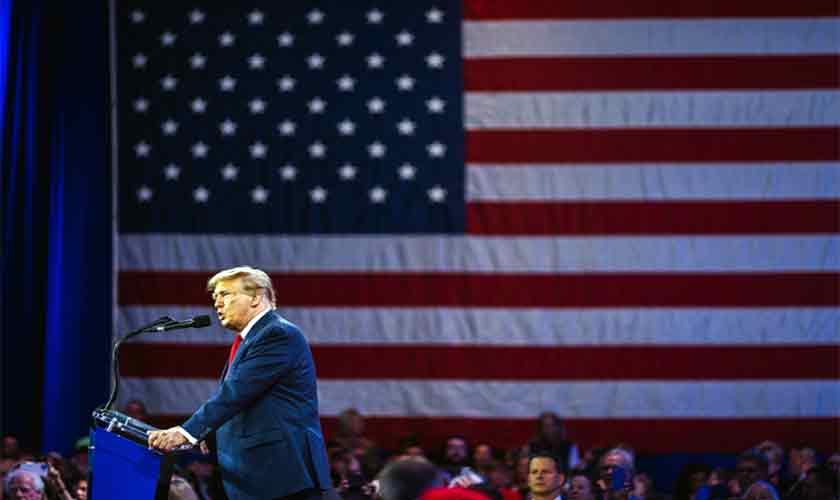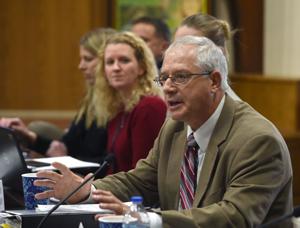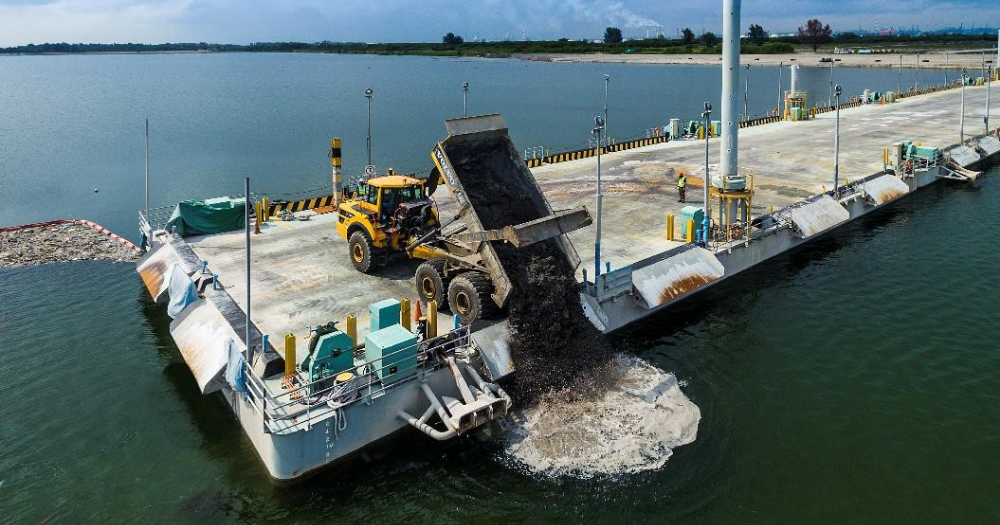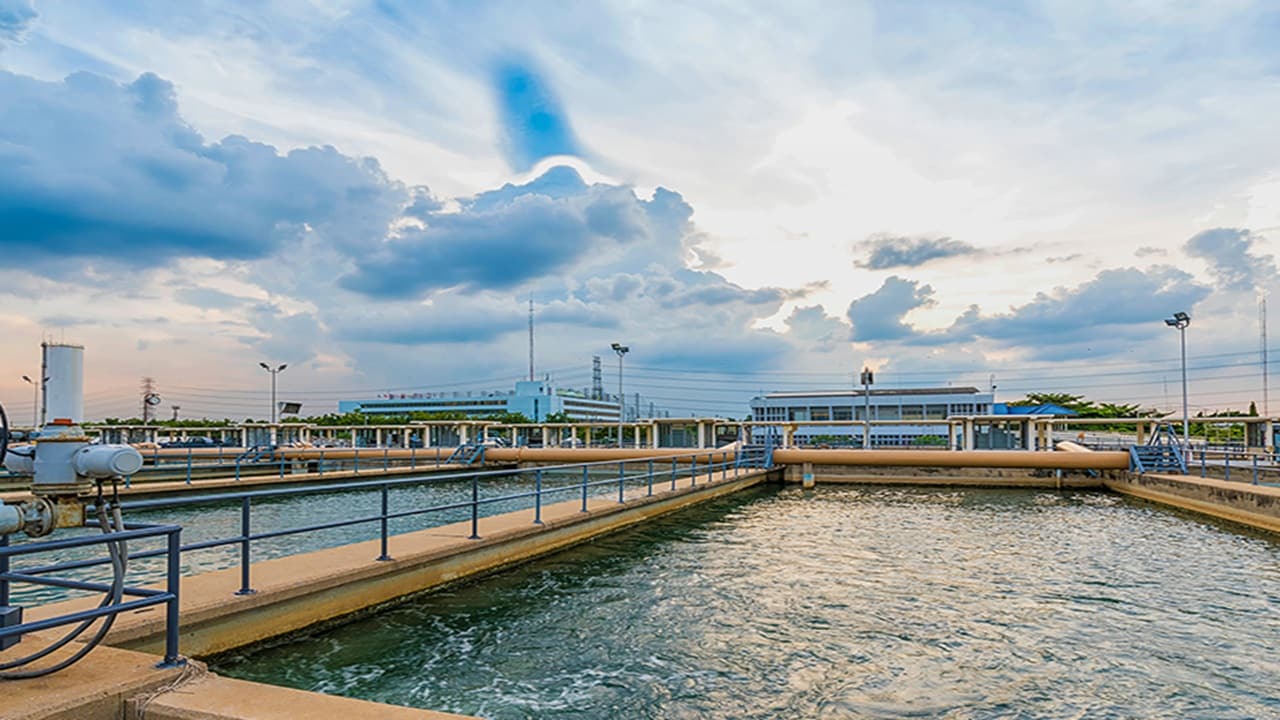
P akistan is passing through a critical phase of its economic stabilization. It needs to implement fundamental reforms to address long-standing structural challenges and fulfill its commitments to the international stakeholders. Among these reforms is the deregulation of the wheat sector, one of the key conditions of the current $7 billion 37-month Extended Fund Facility programme of the International Monetary Fund.
Under the IMF’s Memorandum of Economic and Financial Policies, Pakistan has committed itself to fully deregulating its agricultural commodity and input markets with the start of the fiscal year 2025-26. This initiative seeks to promote market efficiency, eliminate distortions caused by government interventions and align with global economic benchmarks. The Ministry of National Food Security and Research has taken a proactive approach by organising a National Workshop on Deregulating the Wheat Sector, on January 24, in Islamabad.

This workshop aims to build consensus among federal, provincial and regional stakeholders and develop a comprehensive strategy to ensure a smooth transition to a deregulated market while maintaining strategic wheat reserves. Historically, the federal and provincial governments have announced support prices for wheat and engaged in procurement to stabilise prices and ensure food security. However, under the proposed deregulated regime, these practices will discontinue.
Instead, a new entity, jointly owned by the federal and provincial governments, will oversee strategic reserves and address unforeseen food security emergencies. This entity, functioning as a para-statal or state-owned enterprise, will inherit storage facilities from the Punjab, Sindh and Pakistan Agricultural Storage and Services Corporation Limited, develop a modern business model and legal framework to ensure efficient operations. The government’s commitment to deregulation reflects a broad strategy to address inefficiencies and encourage private sector participation in agricultural markets.
Yet, significant challenges remain. Provincial food security plans must synchronise to prevent potential crises and mechanisms for maintaining buffer stocks and strategic reserves. Ensuring a balance between market-driven pricing and affordability for consumers is critical for the success of this policy shift.
Meanwhile, the energy sector faces critical challenges, particularly in ensuring financial sustainability and operational efficiency. The Sui Northern Gas Pipeline Limited (has highlighted severe liquidity constraints exacerbated by delays in cost recovery and payment shortfalls. These issues stem from various factors, including the diversion of re-gasified liquefied natural gas (RLNG) to the domestic sector, non-payment by Sui Southern Gas Company Limited and delays in subsidy disbursements.
In order to address these challenges, the SNGPL has sought the Petroleum Division’s support for finalising a gas cost equalisation arrangement and incorporating finance costs into RLNG pricing structures. Despite these efforts, the company continues to face significant financial strain, with a debt burden exceeding Rs 145 billion. In addition to these sector-specific challenges, the Tax Laws (Amendment) Bill, 2024, has sparked significant debate.
The Federal Board of Revenue aims to expand the tax net by targeting non-filers and unregistered industrial connections. Proposed measures include suspending bank accounts of non-compliant persons and restricting high-value transactions. While these initiatives aim to increase tax compliance and revenue, concerns have been raised about their potential impact on economic activity and the real estate market.
Stakeholders have called for a gradual approach to avoid disrupting economic stability. Amid these domestic challenges, the global spotlight has shifted to the United States as Donald Trump assumed office for his second term. Trump’s inauguration was marked by a tough declaration of his America First agenda, emphasising national sovereignty, economic prosperity and security.
In his inaugural address, delivered before a distinguished audience, Trump pledged to restore “American greatness” and enact transformative policies. The inauguration set the stage for a flurry of executive orders signed on his first day in office, reflecting his commitment to reversing some of the policies of his predecessor and implementing his vision for the nation. These executive orders comprised a wide range of areas, including immigration, energy, trade and social policies.
Key orders included declaring a national emergency at the southern border; reinstating the Remain in Mexico policy; and moving to end birthright citizenship. These measures aim to strengthen border security, reduce illegal immigration and safeguard public resources. The critics argue that these policies could strain diplomatic relations and create humanitarian challenges.
His supporters emphasise their potential to enhance national security and uphold the rule of law. In the energy sector, Trump has declared a national energy emergency and rolled back regulations associated with the Green New Deal. By withdrawing the United States from the Paris Climate Agreement and opening federal lands to increased drilling and mining, Trump has accentuated his focus on achieving energy independence and revitalising domestic industries.
These policies are expected to lower energy costs, boost job creation and reinforce the position of United States as a global energy leader. However, environmental advocates warn of long-term consequences, including exacerbating climate change and diminishing international cooperation on environmental issues. Trade policies, under Trump’s executive orders, seek to protect American industries and address trade disparities.
The measures include the establishment of an External Revenue Service to collect tariffs, reviews of the United States-Mexico-Canada Agreement and assessments of China’s compliance with trade agreements. By prioritising domestic manufacturing and imposing tariffs on unfair trade practices, these policies target augmenting economic growth and securing critical supply chains. Yet, the potential for retaliatory actions from trading partners poses risks to global trade stability.
Social policies too featured prominently in Trump’s executive actions. The order to terminate diversity, equity and inclusion programmes across federal agencies and mandating recognition of only two genders has sparked a significant debate. The proponents argue that these measures promote meritocracy and reduce divisiveness.
The critics contend that these undermine civil rights and inclusiveness. Additionally, the withdrawal from the World Health Organisation has re-ignited discussions on the role of United States in global health initiatives, with concerns about diminished influence and reduced support for international health crises. The cumulative impact of Trump’s executive orders reflects his America First philosophy, prioritising domestic interests and redefining the country’s global role.
These policies have implications not only for the domestic economy but also for the international community. For instance, the withdrawal from the Paris Climate Agreement and the WHO signifies a retreat from multilateralism, prompting other nations to reassess their partnerships and commitments. On the other hand, Trump’s focus on energy independence and manufacturing could inspire similar policies in other countries seeking to enhance their economic resilience.
For Pakistan, engaging with the Trump administration requires a strategic approach aligned with his America First agenda. Strengthening bilateral ties through mutually beneficial trade agreements and collaborative initiatives in energy and infrastructure could pave the way for long-term partnerships. Pakistan’s commitment to economic reforms, including deregulation and fiscal discipline, aligns with the principles of market efficiency and competitiveness emphasised by the Trump administration.
By demonstrating a shared commitment to these values, Pakistan can position itself as a reliable partner in advancing economic and strategic objectives. Building on existing collaborations, Pakistan can explore opportunities to expand trade and investment, particularly in sectors such as agriculture, textiles and technology. By leveraging its geopolitical significance, Pakistan can also play a vital role in facilitating regional stability and security, aligning with the broader strategic interests of the United States.
By fostering open communication and aligning priorities, Pakistan and the United States can strengthen their relationship, contributing to shared prosperity and stability in an increasingly interconnected world. Dr Ikramul Haq, writer and an advocate of the Supreme Court, is an adjunct teacher at Lahore University of Management Sciences. Abdul Rauf Shakoori is a corporate lawyer based in the USA.















